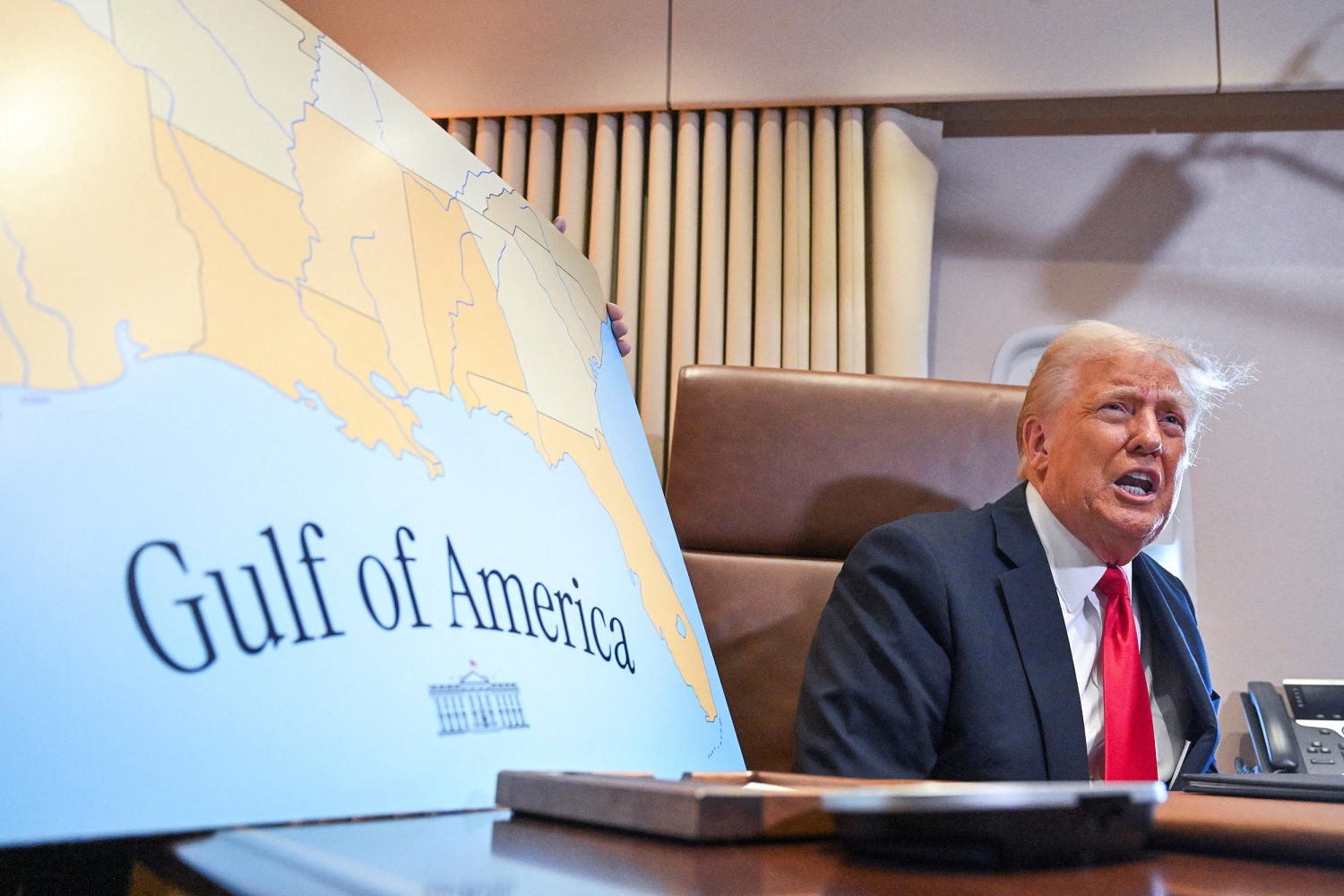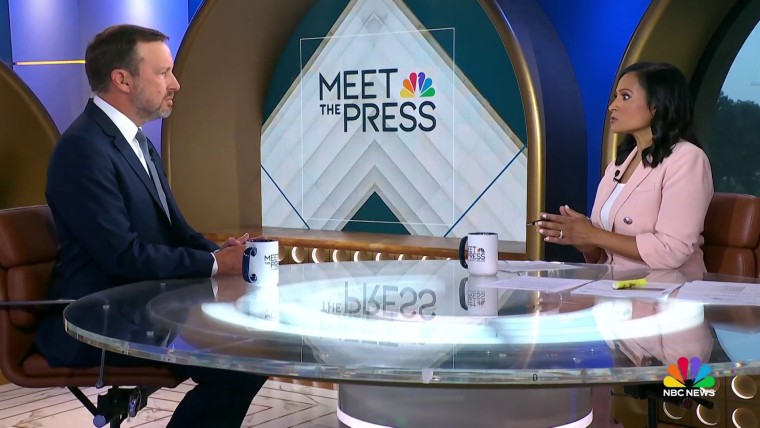Republican-led states advance Trump’s agenda with new laws July 1


While Congress scrambles to pass President Donald Trump’s massive domestic policy bill, many red states are already implementing key aspects of his agenda through new laws this week.
For most states, Tuesday is the start of a new fiscal year, when numerous laws take effect. Some of the statutes in Trump-won states this year mirror executive orders and other directives he signed early in his second term.
Here’s a sampling of the new laws set to be enforced.
Targeting gender identity
Indiana and Georgia are instituting bans on transgender women’s participation in women’s sports. Georgia’s law is called the Riley Gaines Act, after the former collegiate swimmer who was a surrogate for the Trump campaign last year and has become an advocate for banning transgender athletes from women’s sports.
The issue of banning trans women from women’s sports was a leading one for Trump, who campaigned on it and subsequently signed an executive order establishing the policy.
Ohio will now allow parents to remove their children from lessons that include content about “sexual concepts or gender ideology.” Teachers will also be required to inform parents if their children ask to be identified by genders different from their biological sexes at school.
Iowa, meanwhile, is removing gender identity from its civil rights code, rendering it no longer a protected class. It is the first state to do so.
Recognizing ‘Gulf of America’
Florida is enacting two laws officially recognizing the Gulf of Mexico as the “Gulf of America.”
State agencies will be required to implement the name change, and schools must do the same in educational materials, including K-12 textbooks.
Florida is the first state to officially recognize the “Gulf of America” after Trump signed an executive order seeking to make the change official.
Implementing MAHA priorities
Florida is also taking a page out of Health and Human Services Secretary Robert F. Kennedy Jr.’s “Make America Healthy Again” playbook.
The Legislature passed an omnibus agriculture bill that, among other provisions, ends the addition of fluoride to tap water, a move mirroring Kennedy’s plan to tell the Centers for Disease Control and Prevention to stop recommending fluoridation in drinking water, long considered one of the greatest public health achievements of the 20th century.
Florida is the second state to ban fluoride in its water, following Utah, where a ban took effect in May.
Coordinating with ICE
Indiana is enacting a law requiring county jails to report people they have probable cause to believe do not have legal status to the relevant federal authorities, including Immigration and Customs Enforcement. The law applies to people arrested on allegations of felonies or misdemeanors.
Georgia implemented a similar law Dec. 31, followed by Utah on May 7.
Trump signed an executive order about local and state governments’ cooperating with immigration enforcement.
Rolling back DEI measures
Laws in two states to roll back diversity, equity and inclusion initiatives take effect Tuesday.
Indiana is banning DEI from colleges and state agencies, prohibiting employers or colleges from offering jobs or student aid because of identity-based characteristics such as race, sex or religion. The law also will prohibit using state funds for campus activities that “promote or engage in social activism.”
Mississippi is banning DEI in schools. A new state law prohibits programs and teachings in the classroom and in school offices that it describes as engaging in “divisive concepts,” further adding that schools cannot make hires based on “race, sex, color” or “national origin.” A federal judge is weighing whether to stop the law from going into effect.
Trump signed an anti-DEI executive order in January banning such programs and activities at federal agencies and businesses with government contracts, also encouraging the private sector to end DEI practices.
Gutting funding for NPR and PBS
Indiana is eliminating state funding for public broadcasting, mirroring Trump’s executive order seeking to ban NPR and PBS from accessing federal funds.





